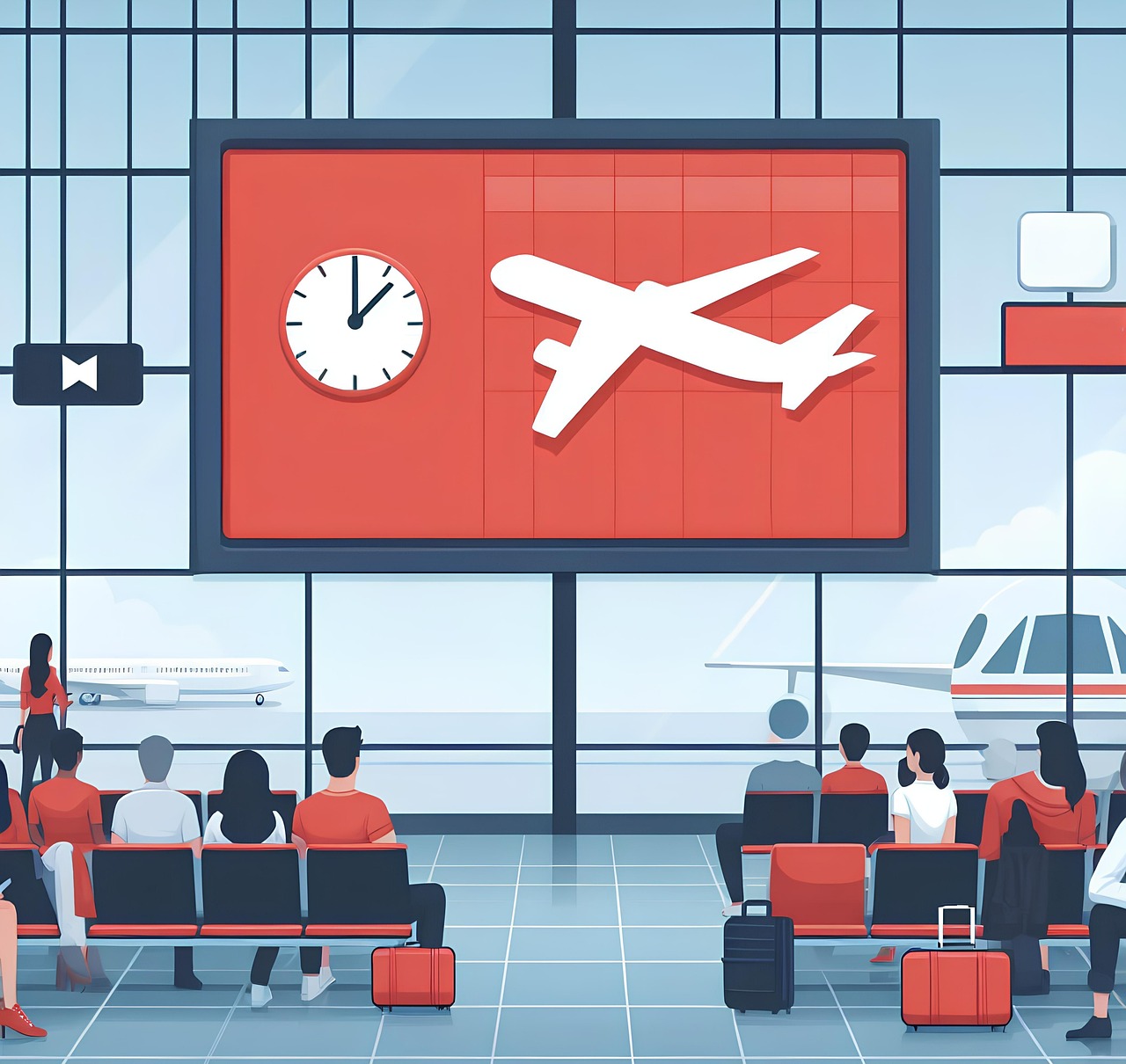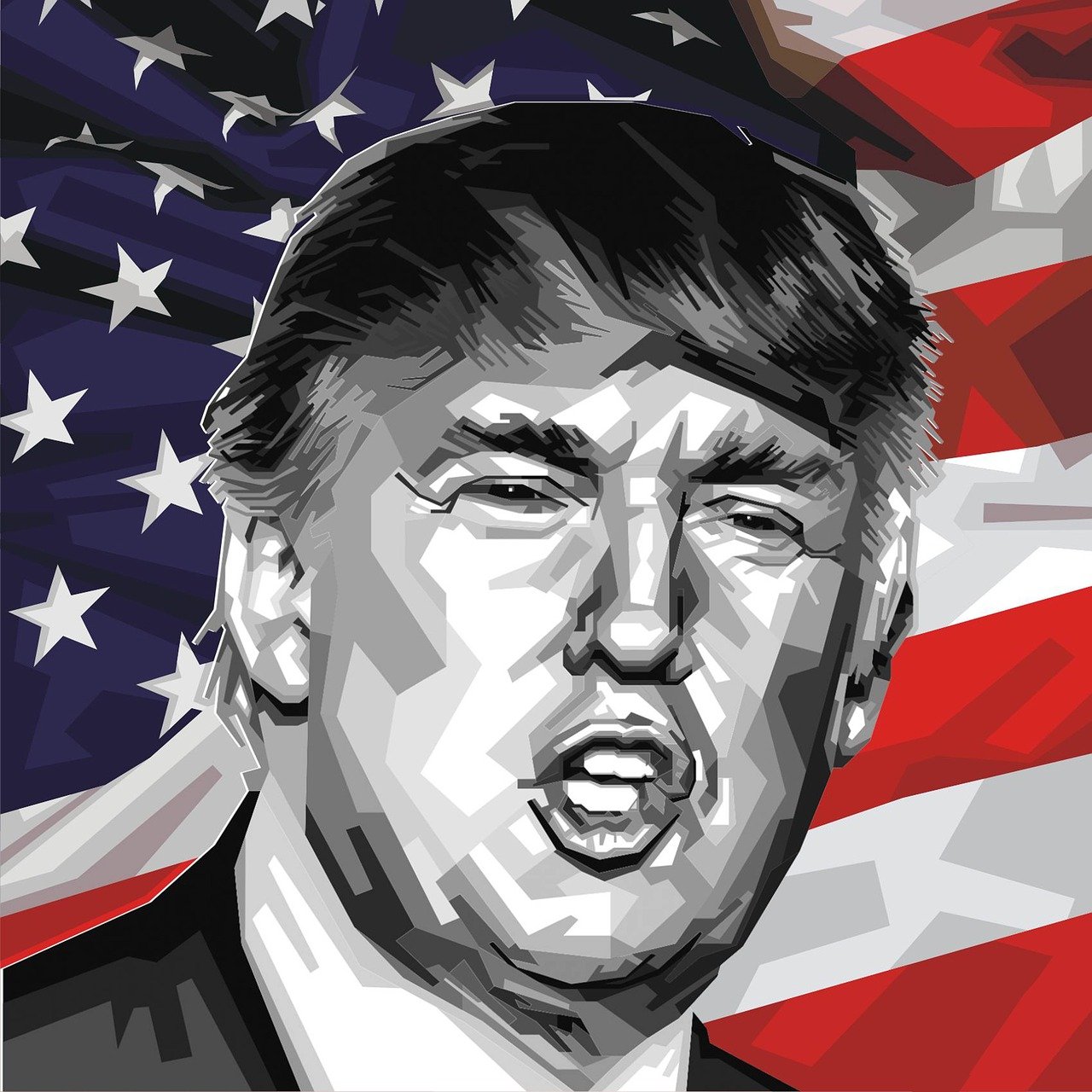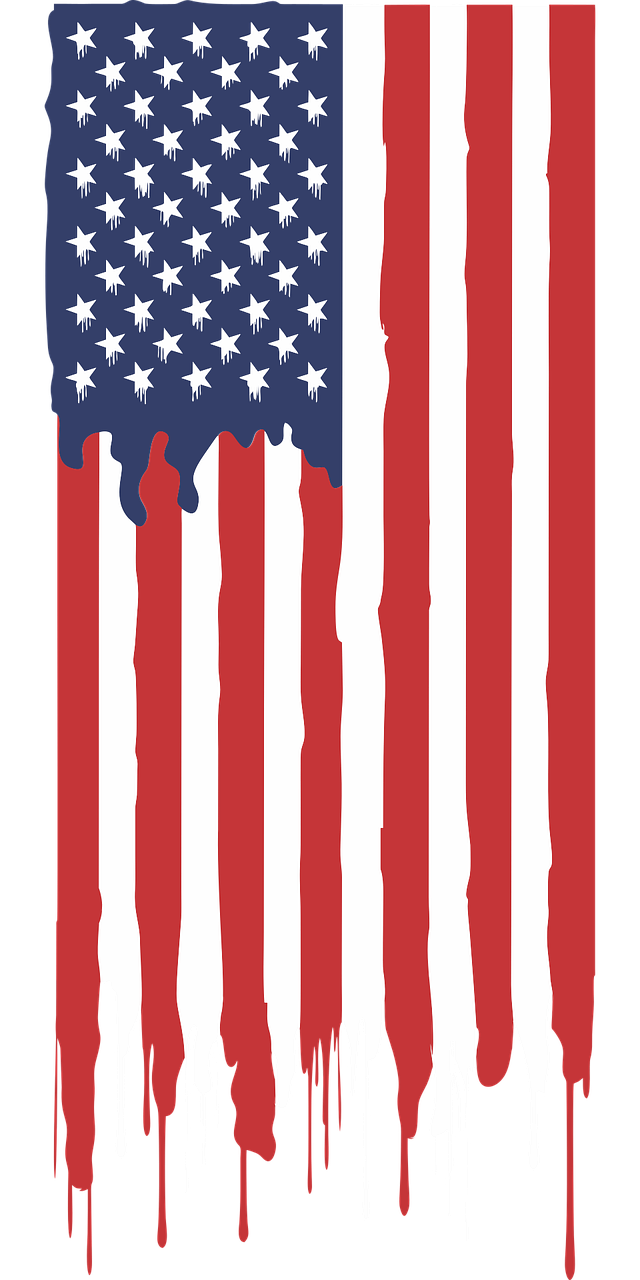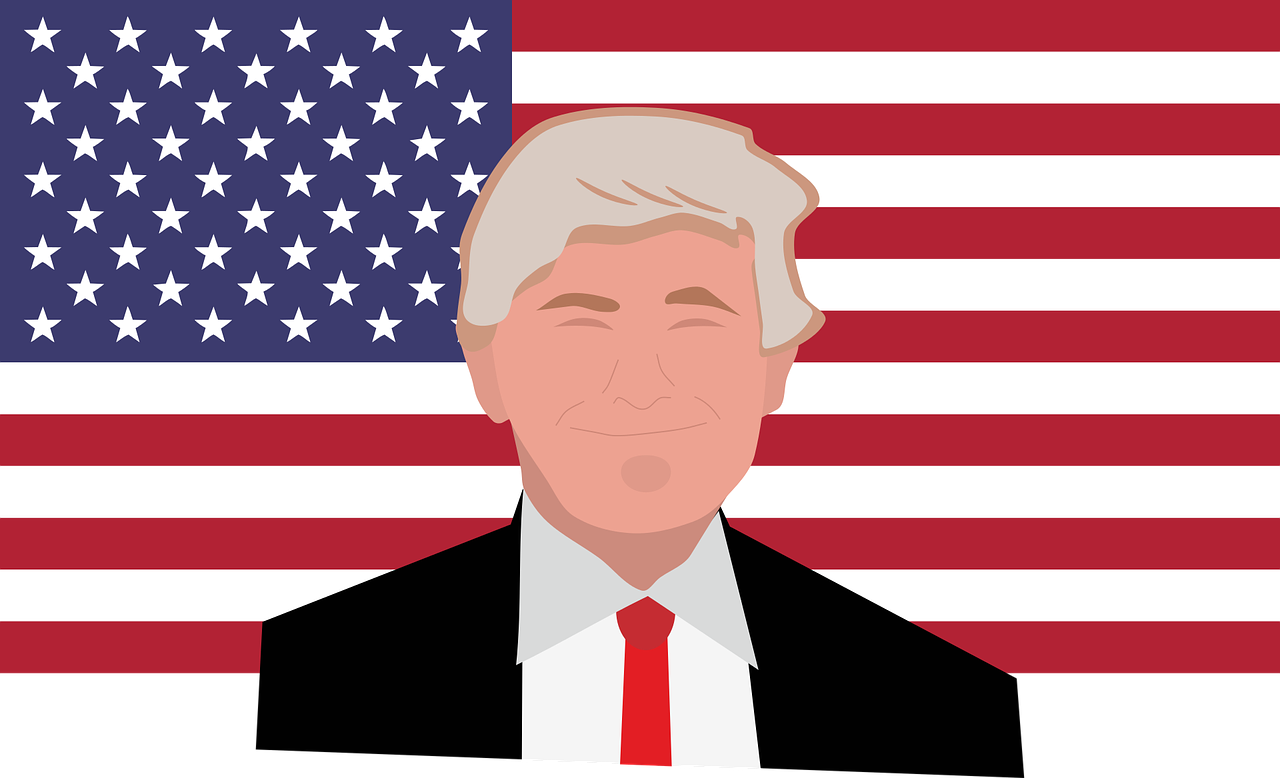 We are pleased to report that today the U.S. Department of State’s Bureau of Consular Affairs published the May 2025 Visa Bulletin.
We are pleased to report that today the U.S. Department of State’s Bureau of Consular Affairs published the May 2025 Visa Bulletin.
In this blog post, we breakdown the movement of the employment-based and family-sponsored categories in the coming month.
USCIS Adjustment of Status
For employment-based preference categories, the U.S. Citizenship and Immigration Services (USCIS) has confirmed it will continue to use the Final Action Dates chart to determine filing eligibility for adjustment of status to permanent residence in the month of May.
For family-sponsored preference categories, USCIS will also continue to use the Dates for Filing chart to determine filing eligibility for adjustment of status to permanent residence in the month of May.
Please click here for more information.
Highlights of the May 2025 Visa Bulletin
At a Glance
What can we expect to see in the month of May?
Employment-Based Categories
Dates for Filing Advancements
- No change
Final Action Advancements & Retrogressions
EB-3 Professionals and Skilled Workers
- EB-3 India will advance by 2 weeks to April 15, 2013
EB-3 Other Workers
- EB-3 India will advance by 2 weeks to April 15, 2013
EB-5 Unreserved Categories (C5, T5, I5, and R5)
- India will retrogress by 6 months to May 1, 2019
 Visa Lawyer Blog
Visa Lawyer Blog











